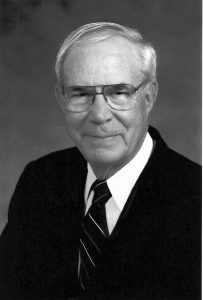By the Numbers
2024 Alumni Weekend and Reunions
The campus was abuzz for Alumni Weekend with one of the biggest crowds to return to campus in many years. From the weekend’s kickoff on Thursday to its close on Sunday, alumni and guests enjoyed milestone reunion celebrations along with a range of programs and activities for all: distinctive faculty and alumni award winner presentations, academic department receptions, dining on Marston Quad, alumni vintner wine tasting in Memorial Garden, fitness classes and pickleball, art, music and more!
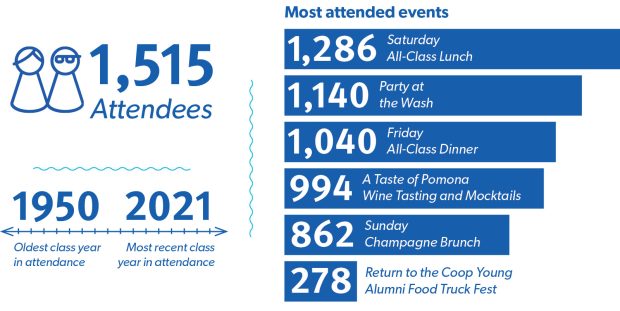
1,515 Attendees with class years ranging from 1950 to 2021. Most attended events: Saturday All-Class Lunch (1,286); Party at the Wash (1,140); Friday All-Class Dinner (1,040); A Taste of Pomona Wine Tasting and Mocktails (994); Sunday Champagne Brunch (862); Return to the Coop Young Alumni Food Truck Fest (278).
Visit the Reunion Leaderboard at pomona.edu/reunion-leaderboard to see the number of attendees for each class and top 10 classes for Most Donors, Largest Class Gift, Highest Participation and Largest Reunion Recognition Total—or to contribute to your Reunion Class Gift. The Reunion Giving Campaign ends June 30.
See more Alumni Weekend photos at pomona.edu/alumni-weekend-photos.
Celebrating Our Distinguished Alumni Award Winners
We were fortunate to have all of our 2024 Distinguished Alumni Award winners on campus during Alumni Weekend this year to honor them in person for their remarkable impact beyond the Gates and dedicated service to the College. Read about this year’s awardees at pomona.edu/alumni-awards-2024.
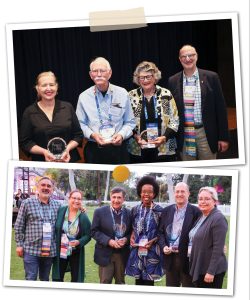
Top from left: Blaisdell Alumni Award recipients Evelyn Nussenbaum ’84, Anson “Tuck” Hines ’69 and Mary Walshok ’64. Past Alumni Association Board President Frank Albinder ’80.
Bottom from left: Alumni Association Board President Alfredo Romero ’91, alumni award recipients Julie Siebel ’84, Tom Doe ’71, Kelebogile “Kelly” Zvobgo ’14, Jon Siegel ’84 and Faculty Alumni Service Award winner Donna M. Di Grazia. Not pictured: Verne Naito ’77.
The Blaisdell Distinguished Alumni Award:
Anson “Tuck” Hines ’69, Evelyn Nussenbaum ’84 and Mary Walshok ’64
The Alumni Distinguished Service Award:
Thomas Doe ’71, Verne Naito ’77, Julie Siebel ’84 and Jonathan Siegel ’84
The Inspirational Young Alumni Award:
Kelebogile Zvobgo ’14
The Faculty Alumni Service Award:
Donna M. Di Grazia, David J. Baldwin Professor of Music
2023-24 Alumni Association Board
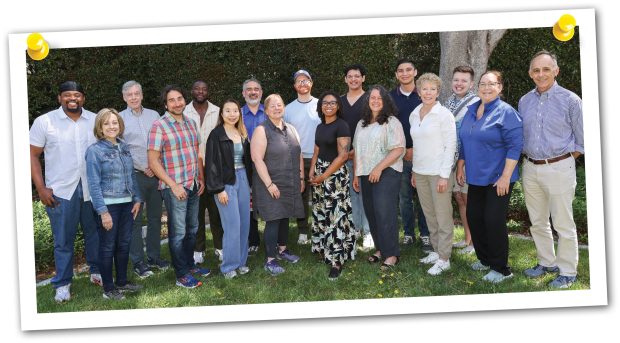
From left, front row: Linda Luisi ’81, Robi Ganguly ’00, Nina Zhou ’19, Tricia Sipowicz ’85, Te’auna Patterson ’18, Andrea Venezia ’91, Carol Kruse ’84, Julie Siebel ’84, Jim Sutton ’84. Back row: Toran Langford ’21, Andrew Brown ’77, Michael Bright ’10, Alfredo Romero ’91, Stuart Friedel ’08, Miguel Delgado ’20, Joshua Rodriguez ’13, Soren Austenfeld ’15. Not pictured: Aldair Arriola-Gomez ’17, Marcel Green ’90, Jeff Levere ’12, Lew Phelps ’65, Amy Van Buren Rhodes ’07.
I’m Honored. Thank You!
A farewell message from the Alumni Association Board President
Dear Sagehens,
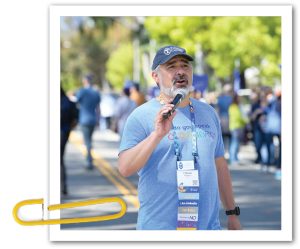
Alfredo Romero ’91
Alumni Weekend 2024 was a wonderful celebration and showcase of the Sagehen spirit, displaying the diversity of thought and broad engagement that make us who we are. I’m grateful for every alum I had the opportunity to meet or reconnect with in person, especially as my term as Alumni Association Board President is ending on June 30. A big thank you to the hardworking Alumni Association Board, additional alumni volunteers, our dedicated Alumni and Family Engagement team and the Advancement team overall, who made it possible to welcome an exceptional number of Sagehens back to campus.
And hey, I’m already excited for next year’s! If you weren’t able to join us this time, I truly encourage you to join us for Alumni Weekend 2025.
It’s been an incredible ride and an honor to serve our community on the Alumni Board these past seven years, particularly these last two as president. What a privilege to serve alongside Sagehens from a wide span of class years, geographies, backgrounds, careers and life experiences—all with the best interests of Pomona College in mind and at heart. I am deeply proud of the board’s accomplishments during my years in building engagement and reconnection within our community, including the resurgence of regional alumni chapters, our involvement in planning and boots-on-the-ground support of Alumni Weekends and, one of the best parts for me, supporting our students (and future alumni!) through career development programs and other opportunities.
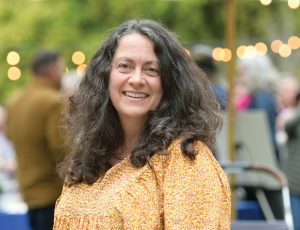
Andrea Venezia ’91
And so, it’s time for me to say farewell, but I plan to continue serving our community. Please consider volunteering for the Alumni Board; it is an enriching experience. I leave you in great hands with incoming Alumni Board President Andrea Venezia ’91,
current board members and our new members, who begin serving July 1.
Yours in Sagehen service, always,
Alfredo
Alfredo Romero ’91
President, Alumni Association Board
pomona.edu/alumni-board
Photos from Alumni Weekend
More photos from Alumni Weekend are available at flickr.com/photos/pomona-college.
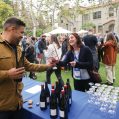
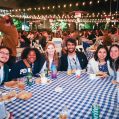

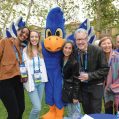
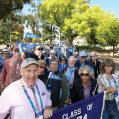
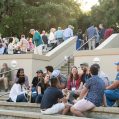
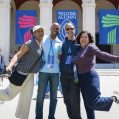
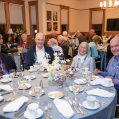
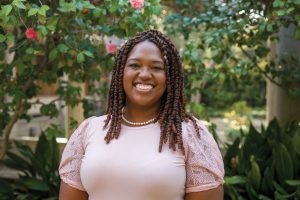
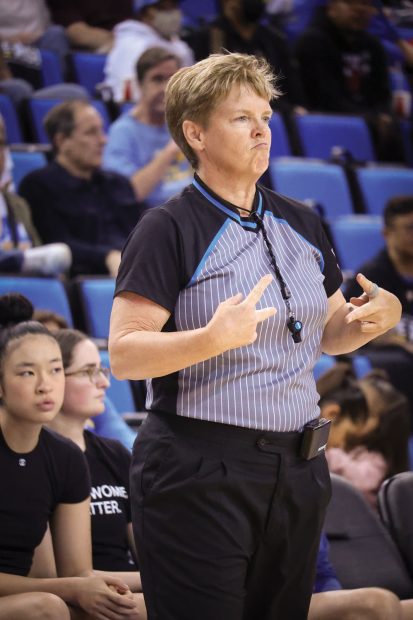
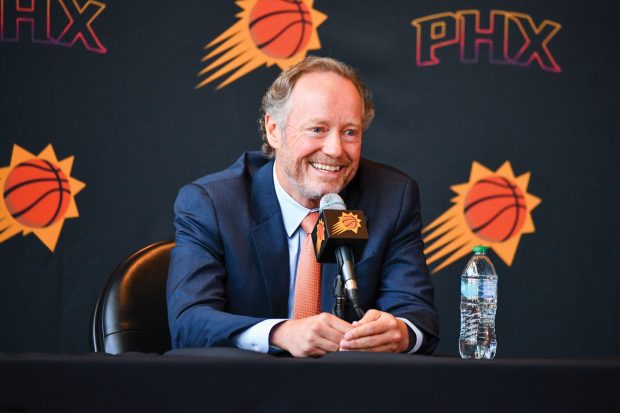
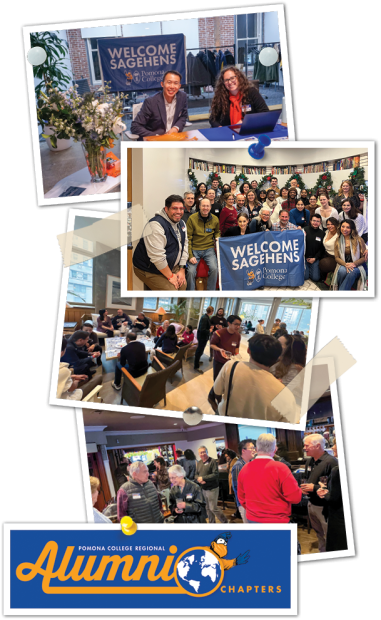 With just a handful of months left in my term as Alumni Association Board president, I’ve been reflecting on my time as a board member these past several years. One of the best things about my involvement has been the opportunity to connect with so many of you. I continue to be awestruck that Pomona grads really do blanket our globe. And whether it’s been chatting with alumni at College events, catching up with classmates at informal gatherings, or a random meeting with a fellow Sagehen after spotting a Pomona T-shirt, it reminds me every time of the broad and unique community we have. We often talk about the Pomona experience referring to our time as students, but it only begins there. Meeting up with each other through events, work or chance encounters reminds us that the Pomona experience extends beyond the Gates and throughout our lives.
With just a handful of months left in my term as Alumni Association Board president, I’ve been reflecting on my time as a board member these past several years. One of the best things about my involvement has been the opportunity to connect with so many of you. I continue to be awestruck that Pomona grads really do blanket our globe. And whether it’s been chatting with alumni at College events, catching up with classmates at informal gatherings, or a random meeting with a fellow Sagehen after spotting a Pomona T-shirt, it reminds me every time of the broad and unique community we have. We often talk about the Pomona experience referring to our time as students, but it only begins there. Meeting up with each other through events, work or chance encounters reminds us that the Pomona experience extends beyond the Gates and throughout our lives.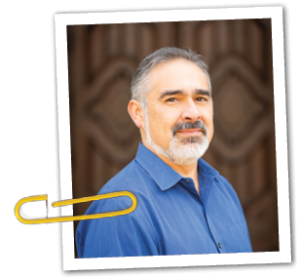
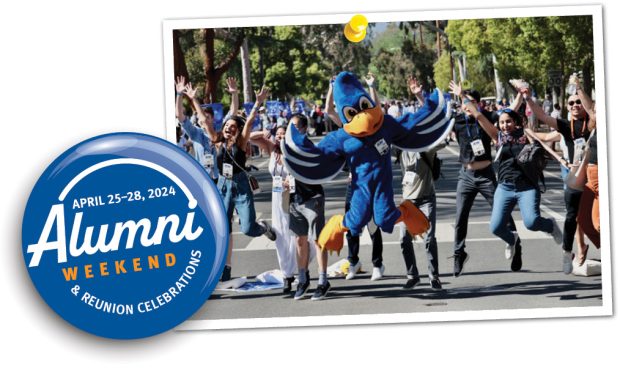
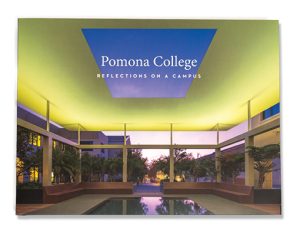 Written predominantly during the pandemic, this second edition of Reflections by Marjorie Harth, emerita professor and director of the former Pomona College Museum of Art, updates and expands the scope of the first, published in 2007. Like the first edition, this 292-page book documents and reflects upon the campus of Pomona College as an architectural entity and visual expression of the history and identity of a great academic institution. Many of the original entries and essays have been edited and updated, as have the photographs. Among new entries is Scott Smith’s essay on landscape architect Ralph Cornell.
Written predominantly during the pandemic, this second edition of Reflections by Marjorie Harth, emerita professor and director of the former Pomona College Museum of Art, updates and expands the scope of the first, published in 2007. Like the first edition, this 292-page book documents and reflects upon the campus of Pomona College as an architectural entity and visual expression of the history and identity of a great academic institution. Many of the original entries and essays have been edited and updated, as have the photographs. Among new entries is Scott Smith’s essay on landscape architect Ralph Cornell.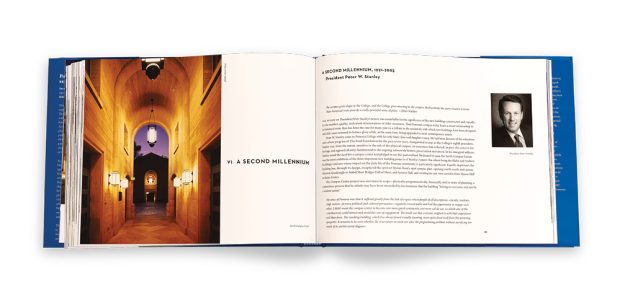
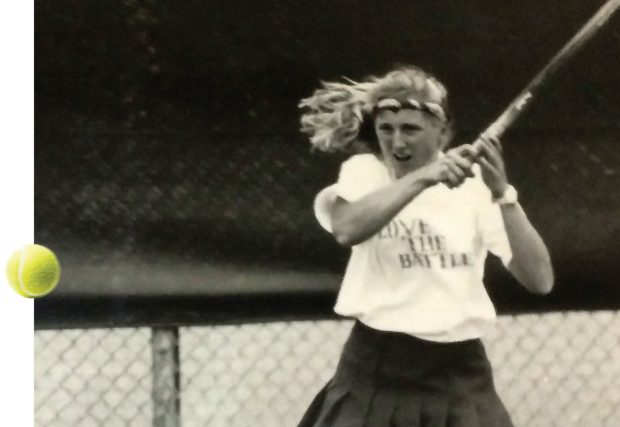
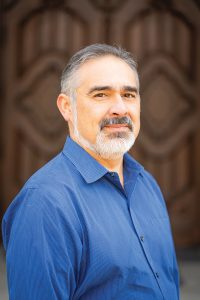
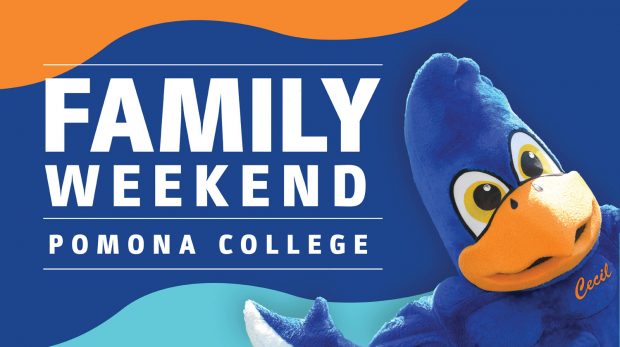 Pomona College Welcomes Sagehen Families at Family Weekend
Pomona College Welcomes Sagehen Families at Family Weekend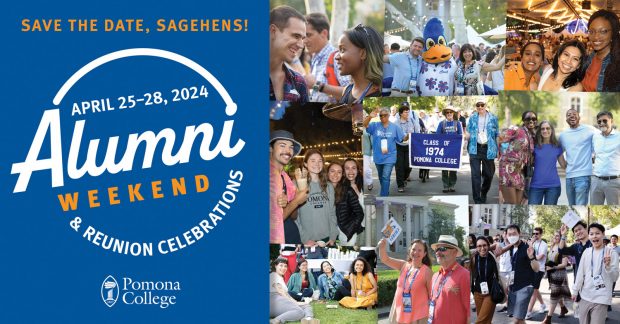 Save the Date
Save the Date